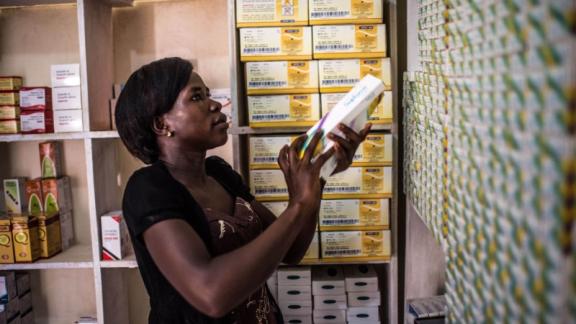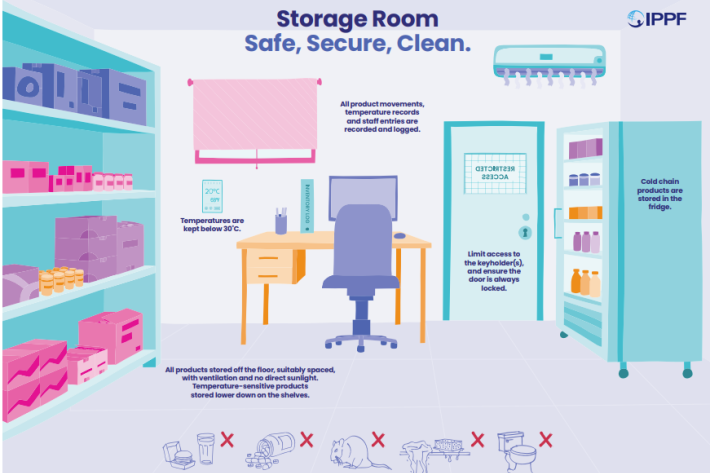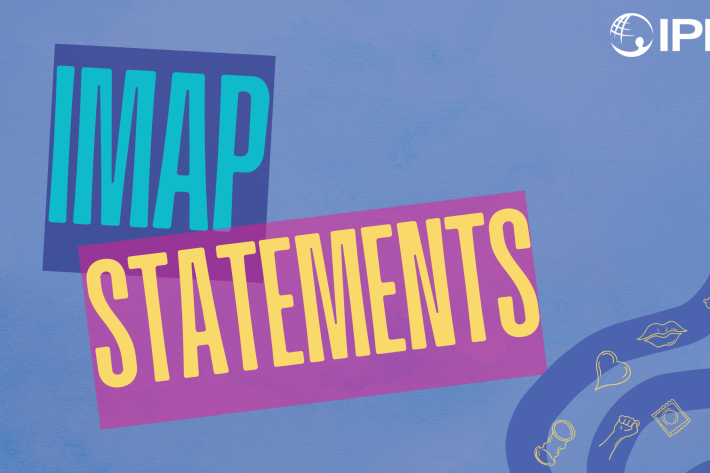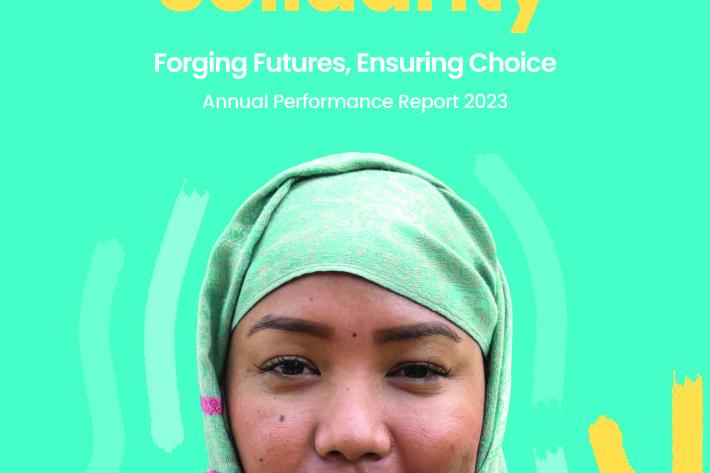Spotlight
A selection of resources from across the Federation
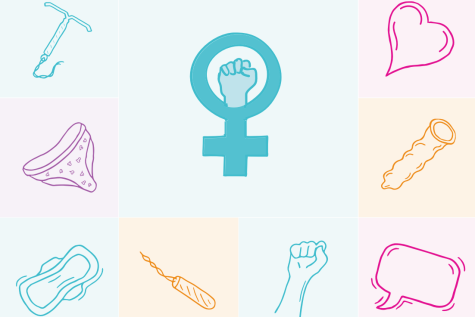
Technical Brief: Designing and Delivering Inclusive, Rights-Based Sexual and Reproductive Healthcare to Transgender and Gender Diverse People
This technical brief outlines key recommendations across several sexual and reproductive health service areas to promote access to inclusive care for transgender and gender diverse people.
Filter our resources by:

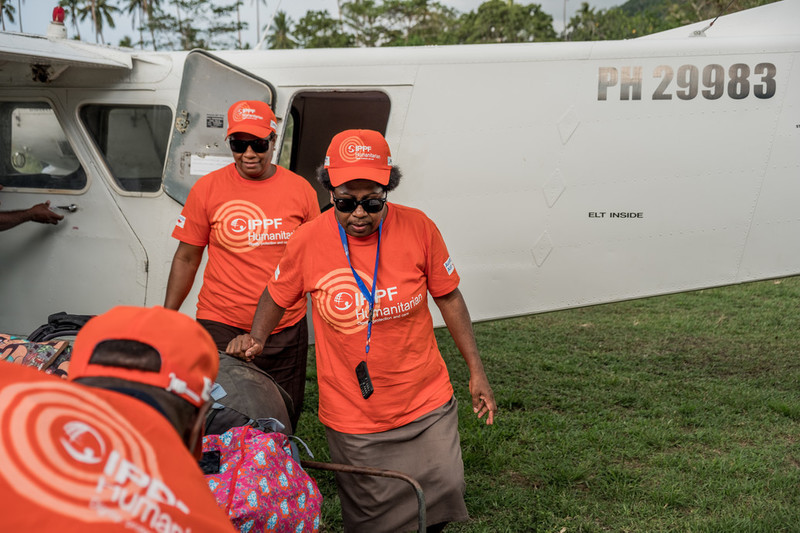
| 19 December 2017
Humanitarian response team ensures safe delivery of emergency supplies following volcanic eruptions, Vanuatu
Toxic fumes due to seismic activity in Manaro Voui volcano, Vanuatu, forced the entire island population to be evacuated. Once the threat level was decreased and the population returned, the Vanuatu Family Health Association, through the International Planned Parenthood Federation, commenced a humanitarian response with mobile health clinics and awareness sessions. The services available through the clinics included pregnancy and delivery support, contraceptives such as condoms, injectables, implants and emergency contraceptives, and screening and management of sexually transmitted infections. Photography © IPPF/Kathleen Prior Read more
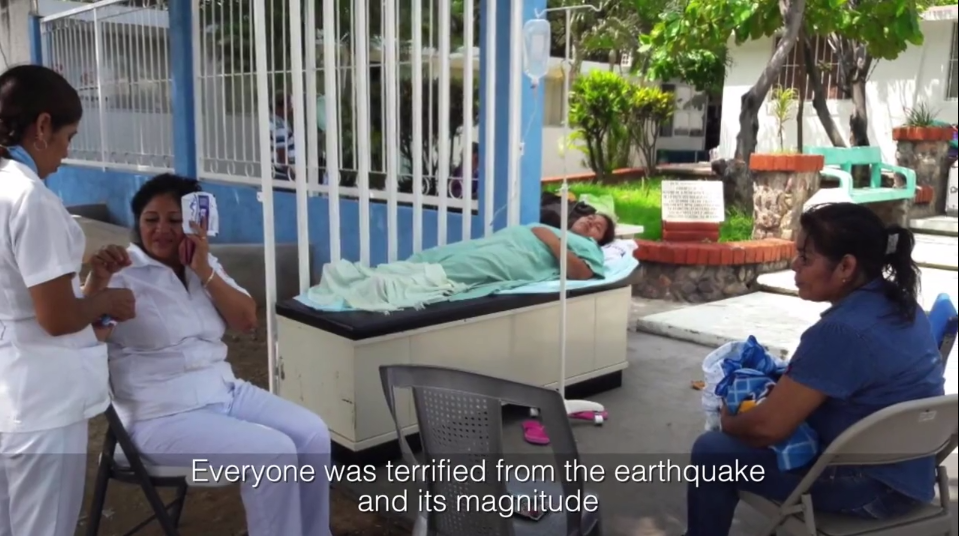
| 14 December 2017
Resilience
Mexfam, IPPF member association in Mexico, continued to provide free healthcare during and after the record-breaking earthquakes in September 2017, despite many members of staff losing their homes and even family members. This is what resilience looks like and we thank those that continue to provide people with vital sexual and reproductive healthcare.
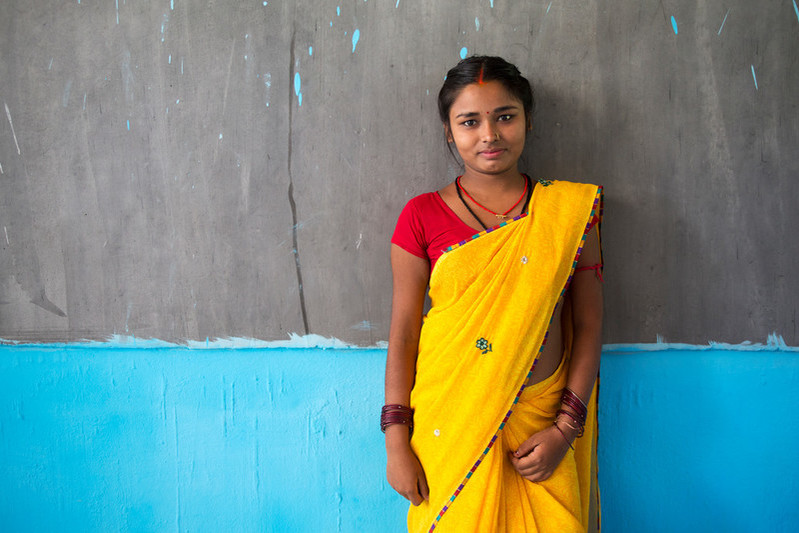
| 13 December 2017
Meeting need wherever it is, whoever requires it; a year in pictures
For over 60 years, IPPF has been at the vanguard of sexual and reproductive health and rights, ensuring universal access to health care for all in a constantly changing world. In 2017 we have met need, wherever it is, whoever required it, from providing health care to garment factory workers in Cambodia, changing perceptions about abortion in rural Uganda, to reaching sex workers and drug users in Macedonia with vital services. Our colleagues at Amodefa, Mozambique, remain dedicated and determined as the impact of the Global Gag Rule takes effect impacting HIV, TB, malaria and family planning projects. Arriving on Ambae Island, Vanuatu, our humanitarian response team hiked for hours up the face of the volcano to reach the worst affected communities following volcanic eruptions to deliver vital medical supplies and services. Mexfam staff demonstrated resilience and commitment continuing to provide free health care during and after Mexico's devastating earthquakes. We are local, through our members and volunteers, and global, through our network. Our responses are locally designed and owned; our interventions rapid and sustainable.
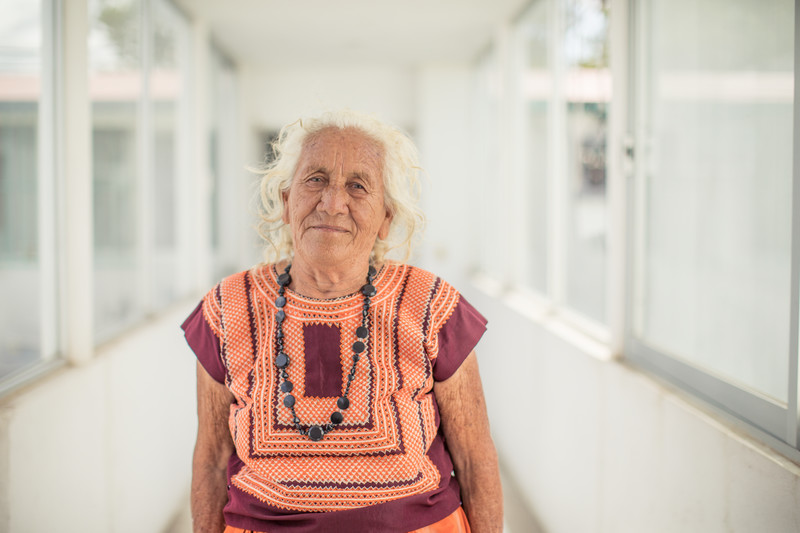
| 13 December 2017
Resilience and commitment in the aftermath of Mexico's devastating earthquakes
In September 2017, Mexico suffered from a devastating magnitude 7.1 earthquake that left hundreds dead and injured, while crushing buildings and destroying infrastructure. We immediately activated our humanitarian response network which assessed damage, deployed personnel, and made sure our mobile clinics were able to operate and reach local communities with vital healthcare and services. Mexfam, an IPPF member association in Mexico, continued to provide free healthcare during and after the record-breaking earthquakes, despite many members of staff losing their homes and even family members. This is what resilience looks like and we thank those that continue to provide people with vital sexual and reproductive healthcare. Photography © IPPF/Brenda Islas Photos: © IPPF/Brenda Islas
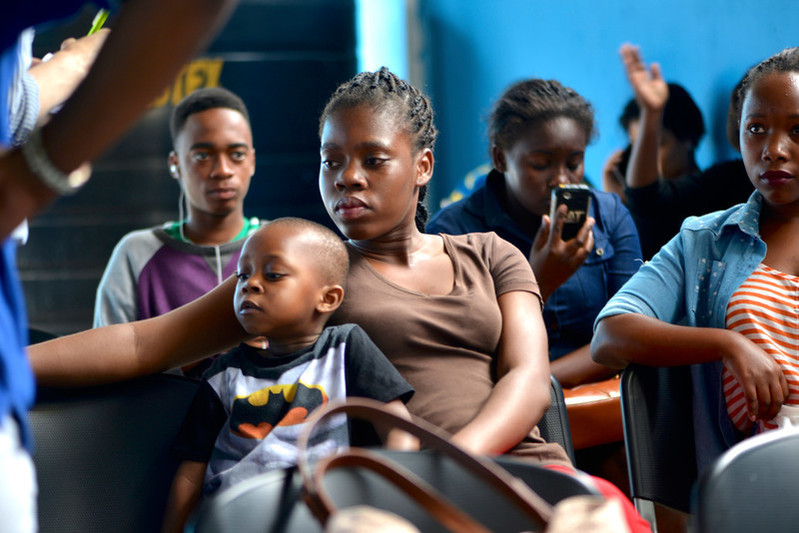
| 05 December 2017
Staff and volunteers remain dedicated and determined as the impact of the GGR takes effect
The continuation of many vital health services Amodefa offers in Mozambique are under threat following the reintroduction of the Global Gag Rule by the US Administration. The Global Gag Rule, or Mexico City Policy as it is formally known, stops US aid to all health programmes run by organisations who perform or counsel on abortion. The decision, which will deprive Amodefa of $2 million, 60% of its budget, will have devastating consequences for the fight against HIV in Mozambique, where an estimated 12% of the country’s nearly 30 million population are living with the virus. Photography © IPPF/Grant Lee Neuenburg
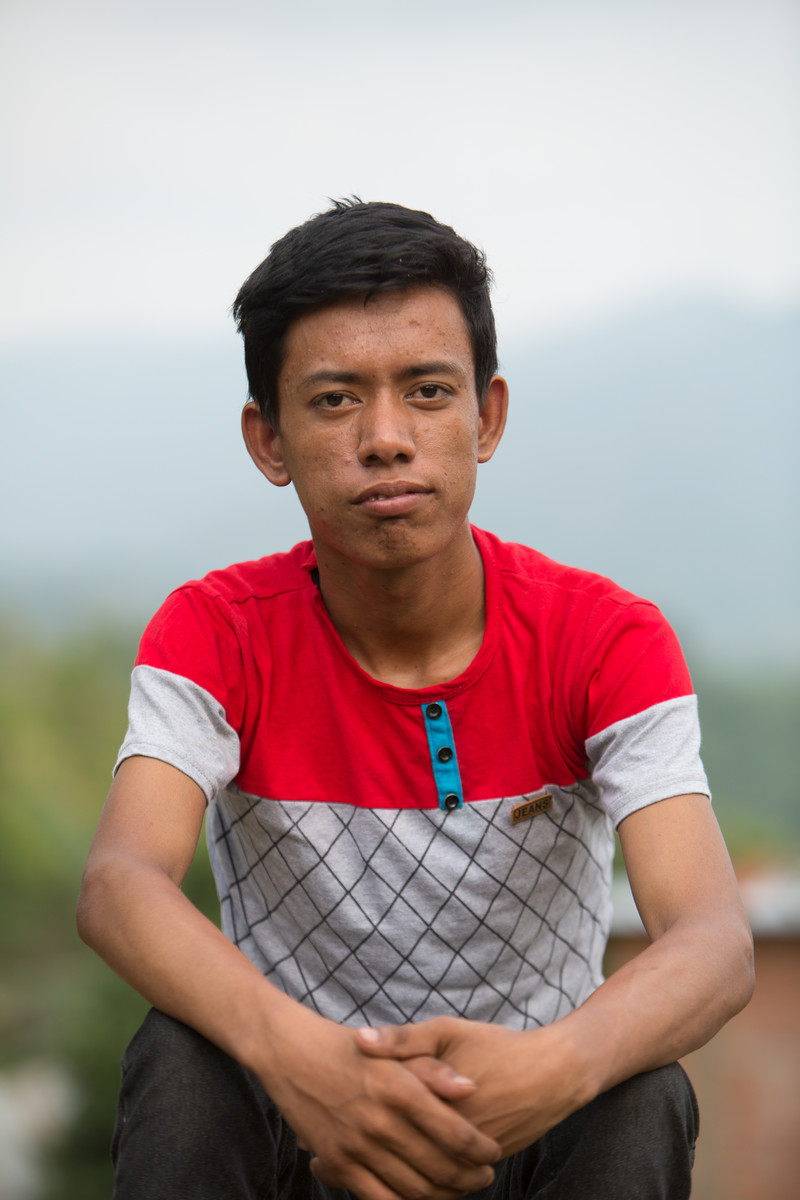
| 01 December 2017
The college student using music to tackle HIV stigma
Compared to many developing countries, HIV prevalence in Nepal is low. Yet there are deep and complex problems around HIV. Stigma remains a huge problem. People living with HIV say they have faced enormous discrimination, including being ostracized by their communities, bullied at school and work, and exposed to insults and even violence. HIV services and support are central to the work of the Family Planning Association of Nepal (FPAN). Its staff and volunteers run services around the country, providing HIV counselling, education on prevention and treatment, and community home-based care services. People living with HIV are at the forefront of this work: FPAN employs thousands of community home-based care mobilisers who are themselves HIV-positive, meaning they are able to provide people with clear, sensitive and empathetic support that draws on their own experiences. Photography © IPPF/Jon Spaull Read Milan's story and watch the video

| 29 November 2017
Tackling HIV stigma through music
Milan Khadka once suffered discrimination within his community when they found out he was living with HIV. He is now a community home-based care mobiliser with Family Planning Association of Nepal. He uses his music to educate the youth about HIV and to confront the stigma around HIV. Read Milan's story
| 22 November 2017
How to report on abortion - A guide for journalists, editors and media outlets
The way abortion is presented in the media can have a major influence on a person's opinion on abortion. This guide has been written for those working in the media to encourage accurate reporting of the facts about abortion, and honest portrayals of abortion as part of real people’s lives and relationships. Produced in collaboration with the International Campaign for Women’s Right to Safe Abortion.
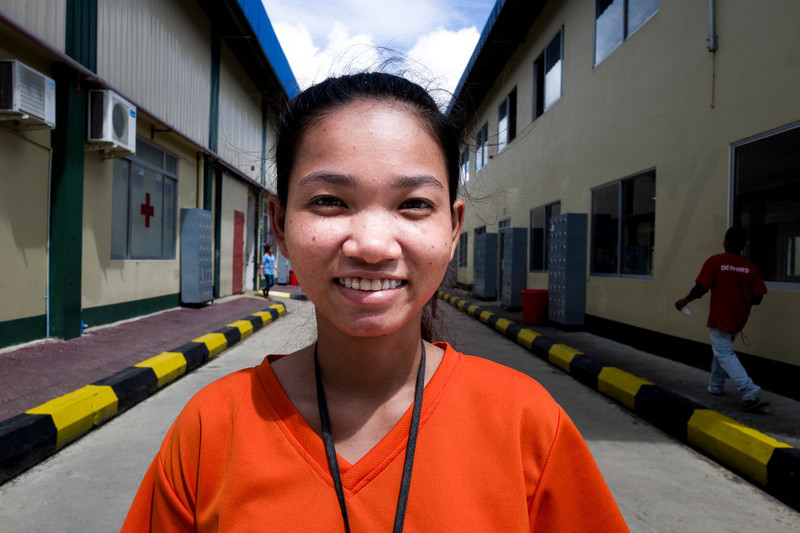
| 08 November 2017
Health with pop: Talking sex education with Cambodia’s female garment workers
About 700,000 people work in Cambodia’s garment factories, many of them migrant women from rural areas who typically possess low levels of education. According to Dr. Sreng, not only do these women often lack crucial health knowledge, but they tend not to trust health providers or know where to access medical care. RHAC, which first took its health outreach programme into garment factories in 1998, now operates in 82 factories that employ a combined total of 130,429 workers. Nearly 28,000 of them have taken part in RHAC-led group discussions and more than 67,000 have attended targeted health days like the one at Propitious. Photography © IPPF/Omar Havana

| 27 October 2017
The Contraceptive challenge III: the displaced woman
For displaced women, access to unbiased information and services is a real challenge. IPPF member associations reach women in humanitarian settings to ensure that they have the information and care they need to freely decide abut their health.







